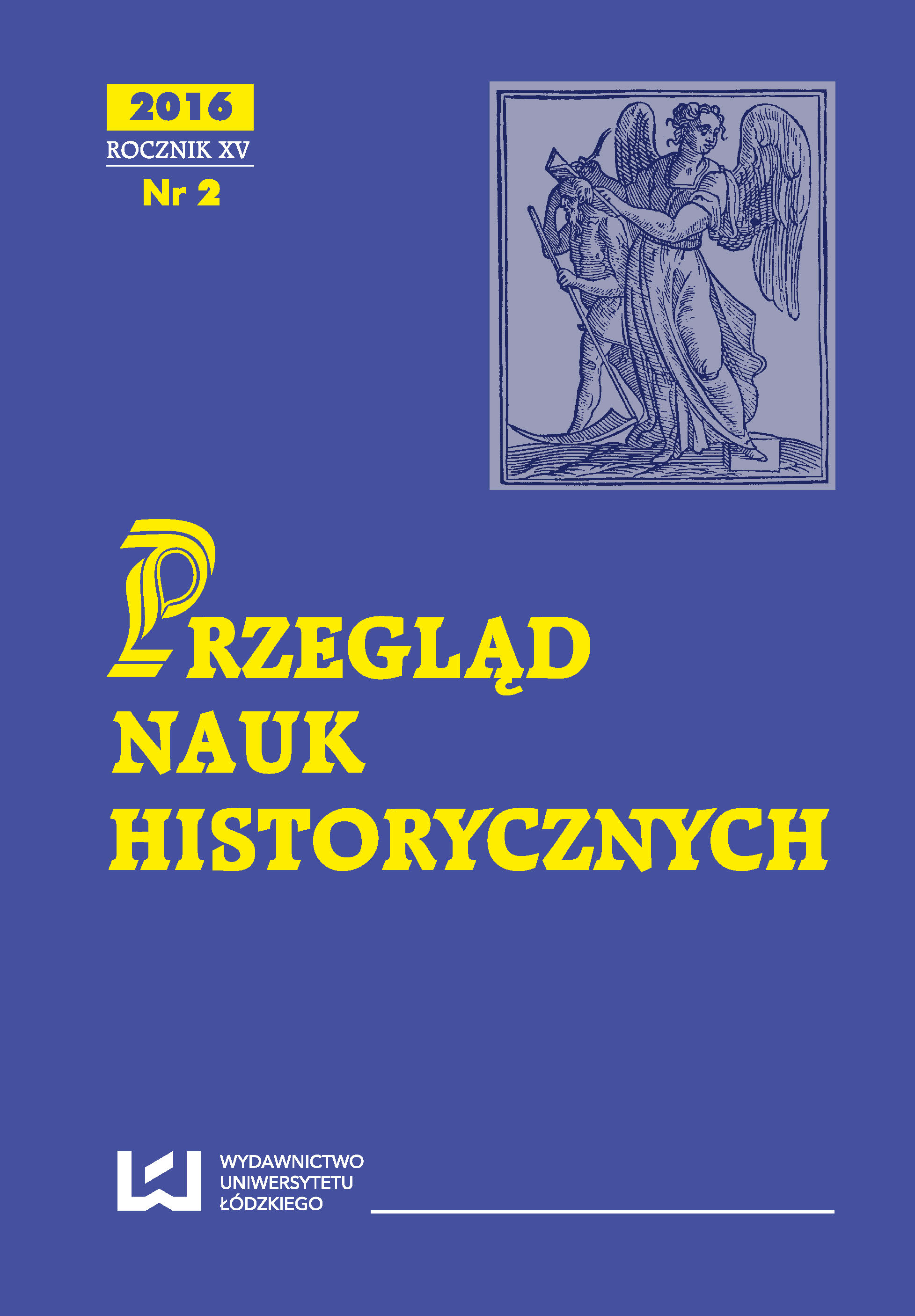Polskie Stronnictwo Ludowe „Nowe Wyzwolenie” w świetle sprawozdań Komitetów Wojewódzkich PPR i Wojewódzkich Komitetów PPS (czerwiec 1946 – styczeń 1947)
The Polish Peasant Party „The New Deliverance” in the light of the reports of The PPR Provincial Committees and The PPS Provincial Committees (June 1946 – January 1947)
Author(s): Tomasz SkrzyńskiSubject(s): Recent History (1900 till today), Government/Political systems, Electoral systems, History of Communism
Published by: Wydawnictwo Uniwersytetu Łódzkiego
Summary/Abstract: In the spring of 1946, a small part of the broadly understood PSL management concluded that in the view of the Communists’ determination and ruthlessness of the remaining in opposition made no sense any longer. Without their party superiors’ knowledge they established contacts with the authorities of the PPR and PPS. Since they had failed to convince the Supreme Council of PSL of their views, they began to publish a newspaper „The New Deliverance”. After their exclusion from the ranks of the legal opposition they formed a new political party. They argued that they would be the best representatives of the peasant’s interests in the country. They disassociate themselves from the PSL opposition tactic. They proclaimed to be in favor of the agreement and the cooperation on equal terms with PPR and being its allies which resulted in voting 3 times „Yes” in the referendum. They considered themselves to be the party standing, as far as their program was concerned, between SL and PSL, between the opposition and the government. The most important problem, however, was their credibility. PSL „The New Deliverance” was used by Communists to make the independent peasant movement weaker (e.g., during the election campaign to the parliament), and the Socialists to expand their influence in the country. The time for the departure from the ranks of the legal opposition was politically missed. The construction of the group was facilitated by the impunity of the falsified results of the referendum done by the Communists and the growing pre-election terror of PPR. The weakest structures were created at the level of the party’s circles.
Journal: Przegląd Nauk Historycznych
- Issue Year: 13/2014
- Issue No: 1
- Page Range: 167-185
- Page Count: 19
- Language: Polish

